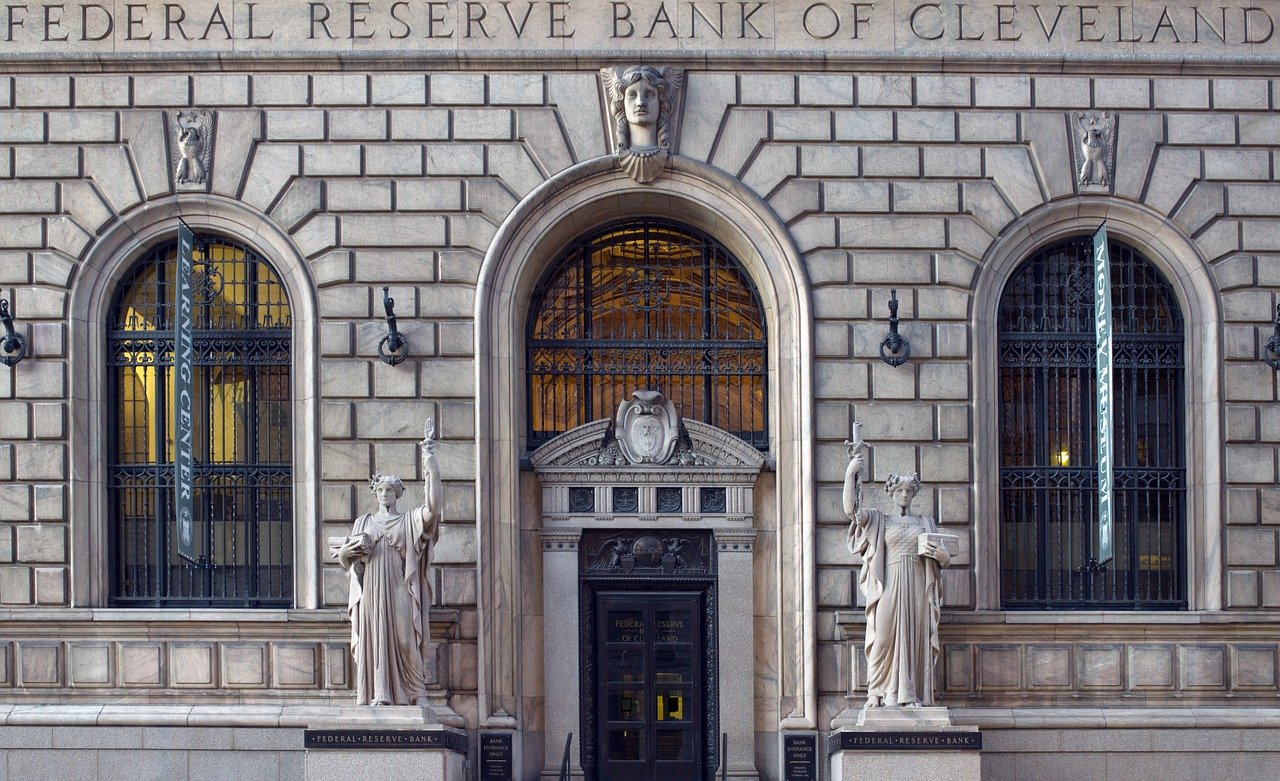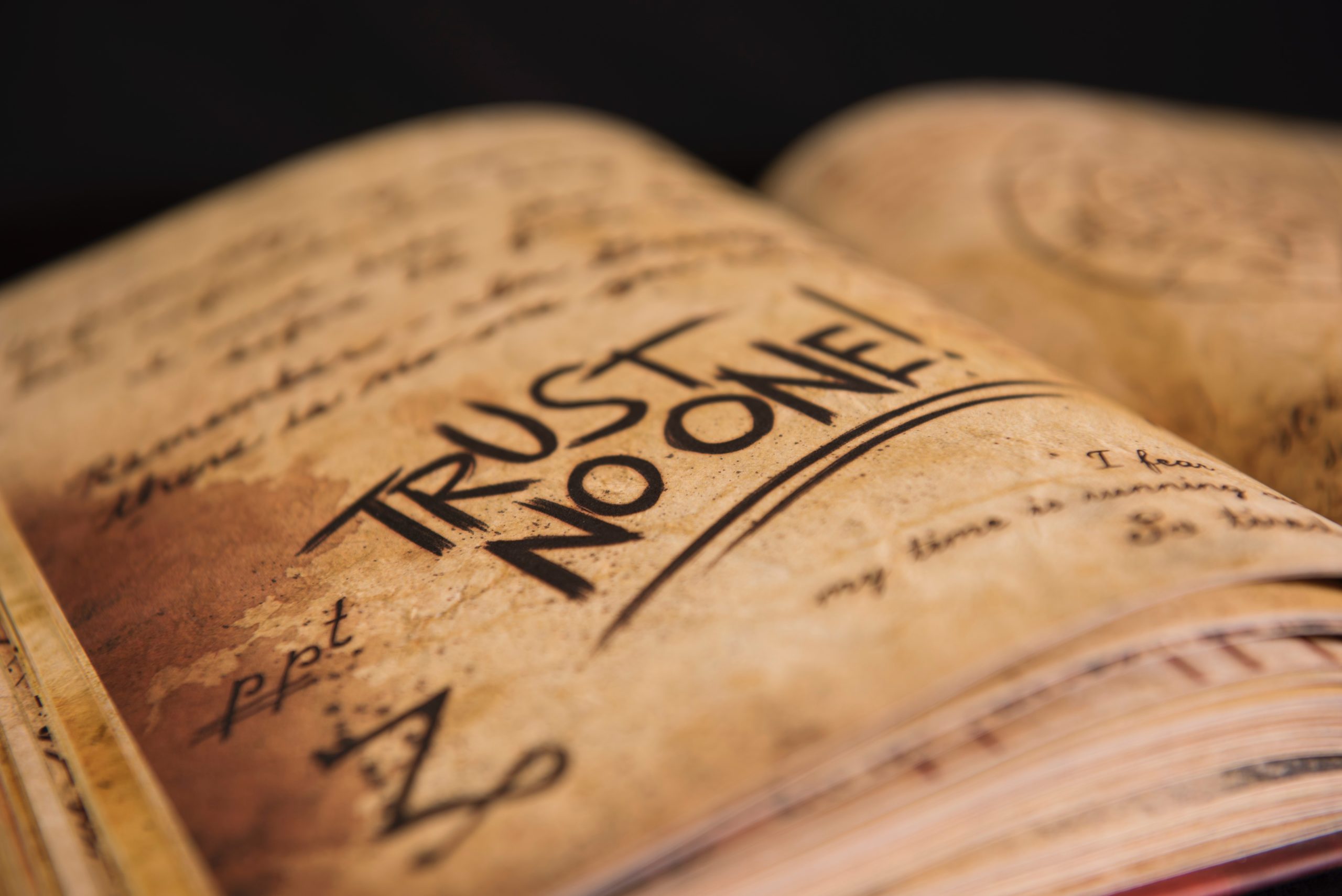Private Funds Could Be Your Friends
The basic motivation behind American Compass’s Coin-Flip Capitalism project seems to be scrutinizing the private fund industry—an industry that is indeed poorly understood by most—under the suspicion that, amidst its mysteries and its trillions, it may be detracting from our national welfare. Fair enough.
















